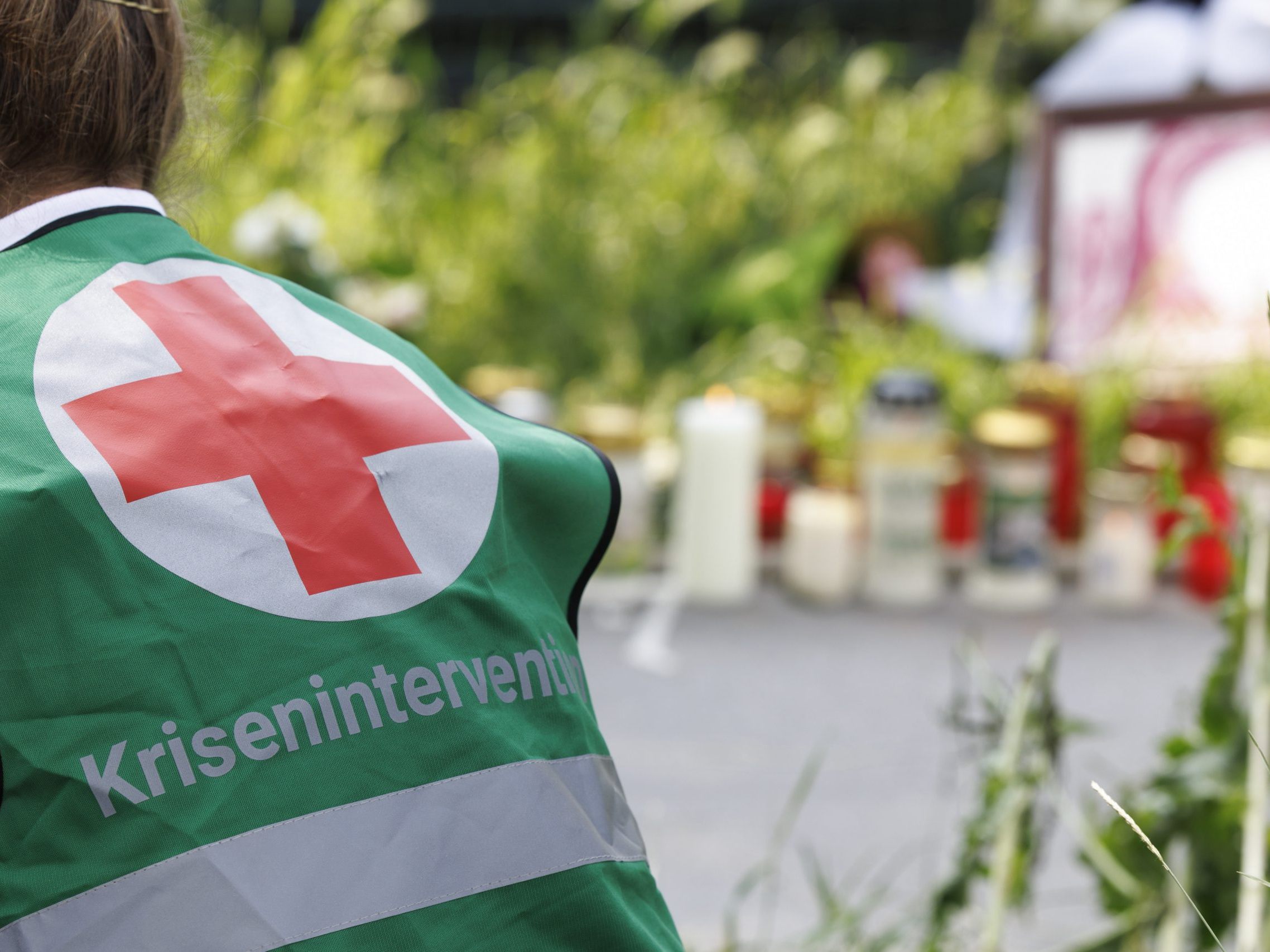Crisis Intervention Team Deployed After Rampage in Graz

The rampage in the Graz upper secondary school with eleven dead is an extremely emotionally stressful event for the relatives of the victims, the injured, the students, and teachers. Volunteers from the crisis intervention team (KIT) of the state of Styria provided psychosocial emergency care on Tuesday. On Wednesday, more than 60 were again deployed in the Helmut-List-Halle, where students, teachers, and parents can meet and seek support.
These were scenes and consequences of an act of violence that the involved students and teachers will not be able to process quickly. After such sudden, unexpected, and far from everyday so-called traumatic events, around 400 specially trained, volunteer doctors, psychologists, psychotherapists, social workers, and experienced emergency personnel offer their help as emergency caregivers in the KIT of the state of Styria, explained Edwin Benko from KIT in a conversation with the APA.
The decisive factor for the care by the KIT is not the number of those affected, but the severity of the possible trauma. Early professional care helps to alleviate psychological stress. "In the moment after the unimaginable happens, it is good to know, 'there is someone there for me', someone who takes time and listens, perceives individual needs, offers stabilizing conversations, and clarifies what good next steps would be," said Benko.
Crisis Intervention Team Deployed After Rampage in Graz
On Wednesday, 62 helpers from the KIT are in the Helmut-List-Halle to do exactly this. "We support the school psychological service of the education directorate in the acute phase, the school psychologists then stay longer in the school and take the next steps." "Acute phase," according to Benko, can be a period of one to three weeks, depending on the degree of impact.
Whether fear, bewilderment, disorientation, or hopelessness - after such extraordinarily stressful events, all reactions to trauma are initially possible and normal, "different people deal with it differently," emphasized Benko. "Some need conversations, others need peace, others feel most comfortable in the class community - we try to find out who needs what and then try to find solutions together with the school psychological service," explained Benko.
Crisis Intervention Team Established After Mining Accident
Sometimes anger towards other people and feelings of helplessness also occur as a reaction. "Certain events like this insane act cannot be understood and cannot be prevented, but crisis intervention has time to listen, provides support and security through presence until the social network is established. What we always say is: 'Accept support,'" said Benko.
The KIT of the state of Styria was established following the mining accident in Lassing in 1998. The teams are on constant standby, and the alert is triggered by the authorities and emergency organizations. The staff is also available for conversations with emergency personnel who have been confronted with particularly stressful situations and images during their duties.
(APA/Red)
This article has been automatically translated, read the original article here.





